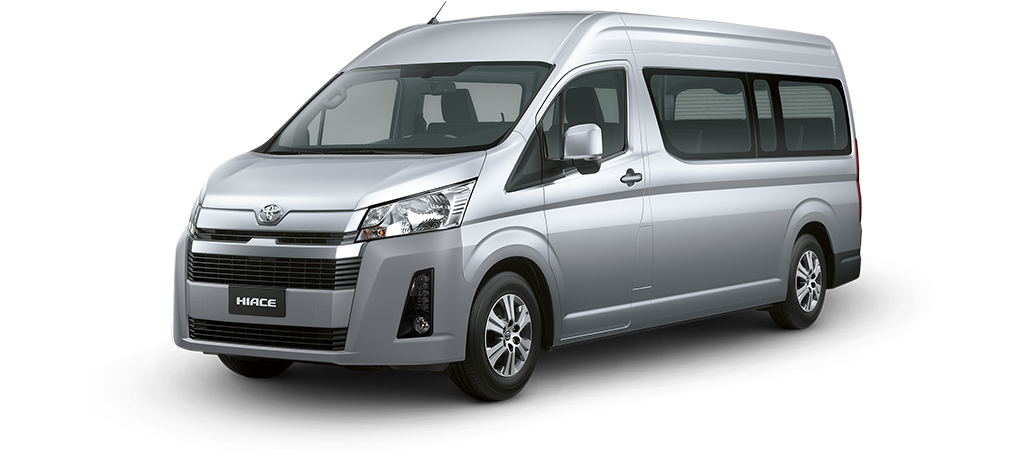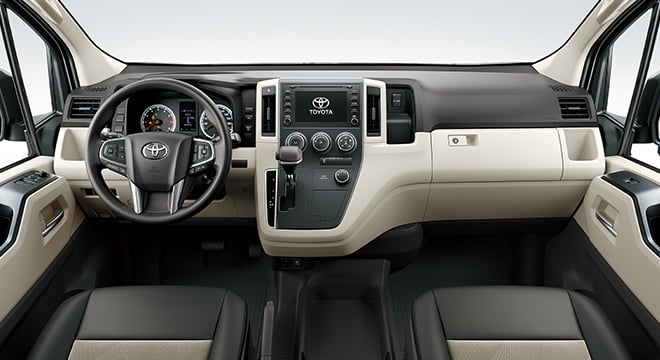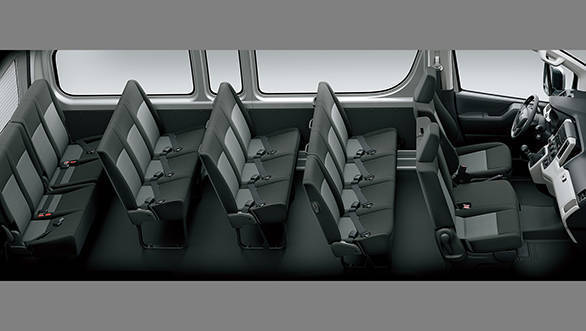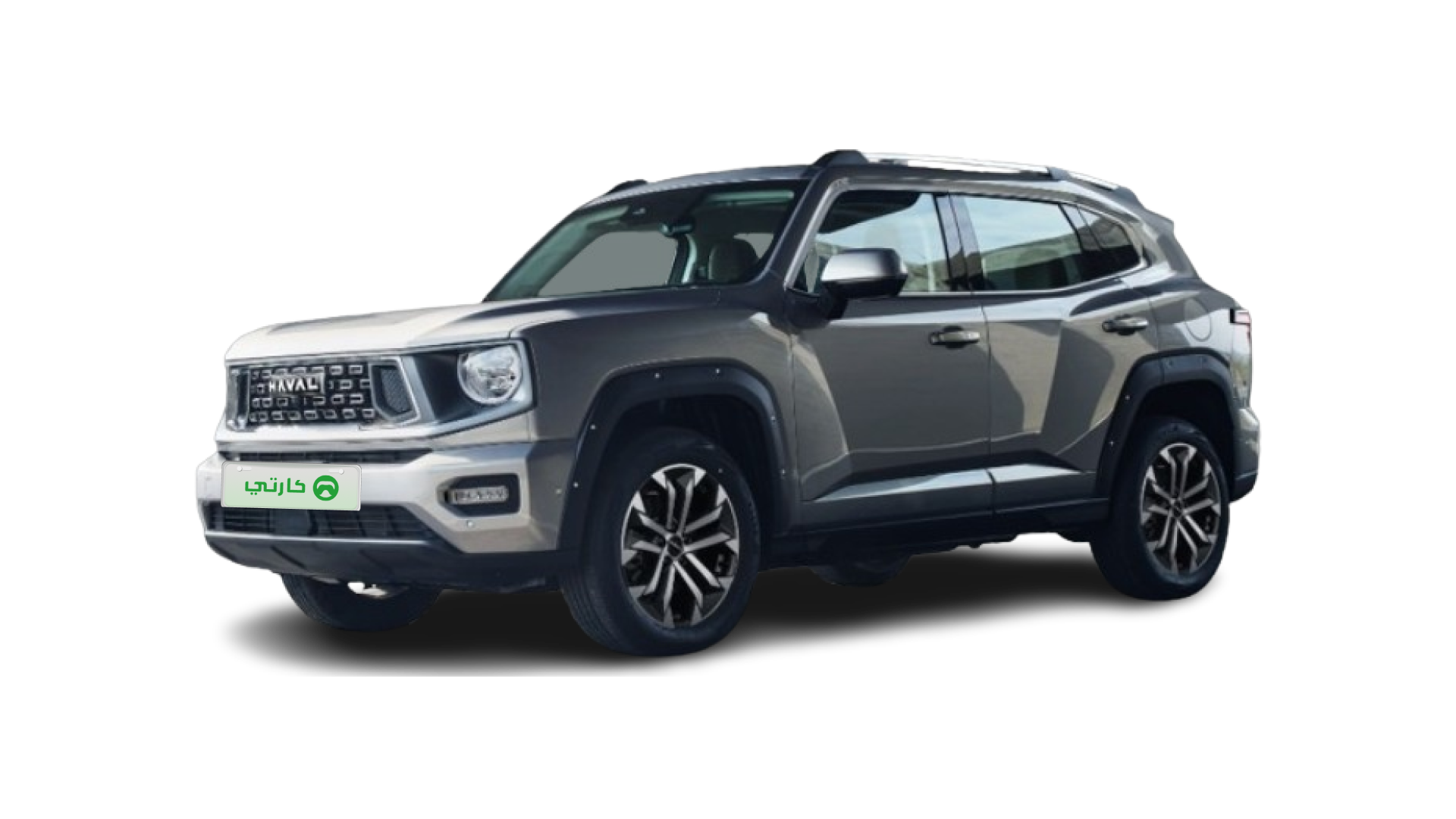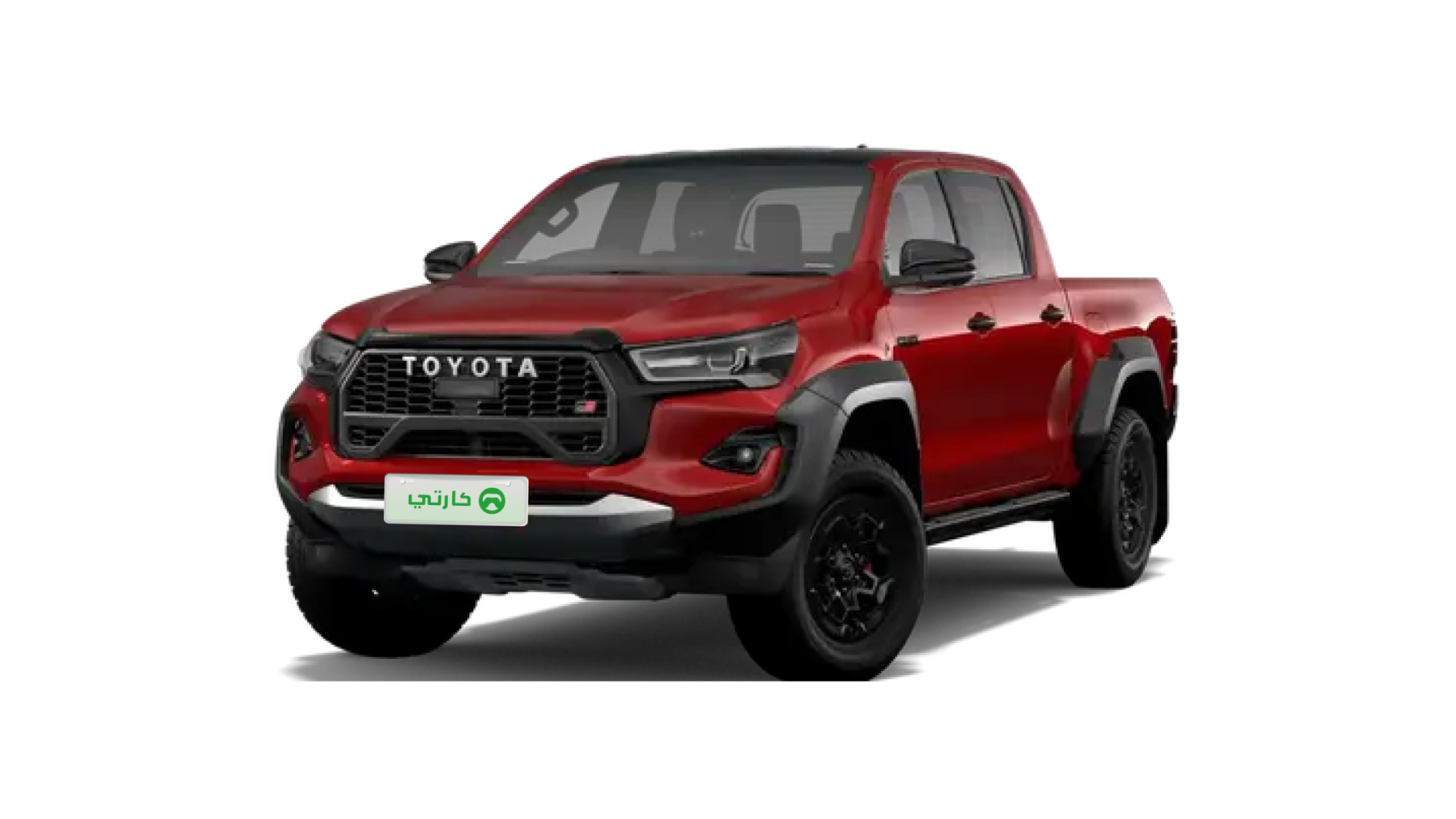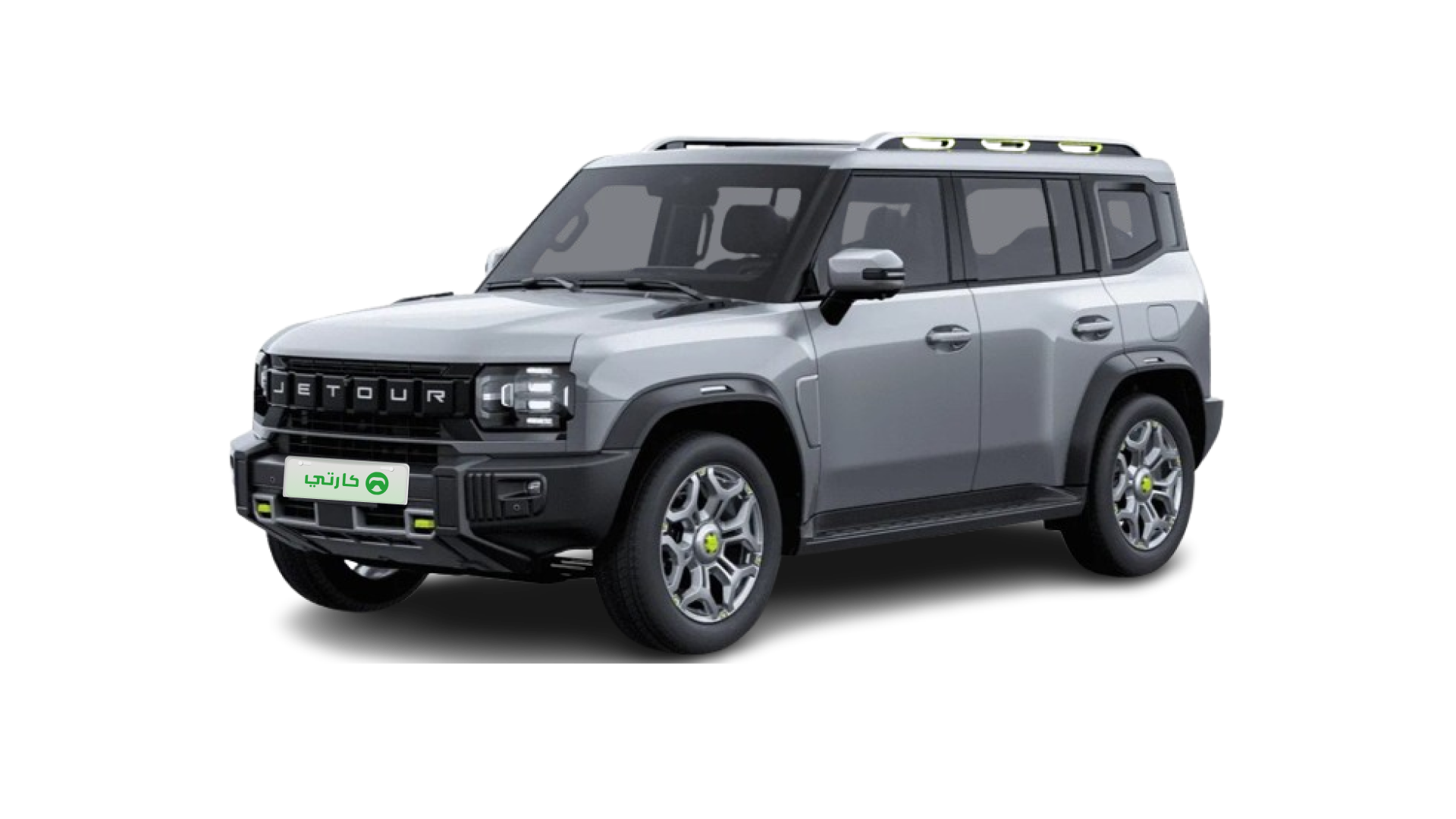The reliability of your Toyota Hiace van is directly linked to proper tyre care, and understanding the correct tyre air pressure is essential for any driver. This guide will walk you through the process of checking and adjusting your tyre pressure, while offering insights into maintenance, seasonal considerations, and the latest 2025 technology updates tailored for Gulf region conditions.
How to Check and Adjust Your Tyre Pressure (2025 Models)
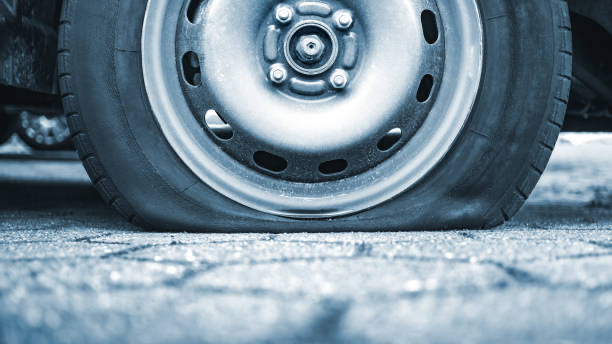
Maintaining the correct tyre air pressure is not just about meeting manufacturer recommendations—it also boosts fuel efficiency and enhances safety. Here’s how you can achieve this:
What You'll Need
A high-quality digital tyre pressure gauge to provide accurate readings
An air compressor, whether portable or accessed at a service station
Your vehicle's owner's manual for specific 2025 Hiace specifications
Step-by-Step Process
Begin by checking your tyre pressure when the tyres are cold. This means either before you start driving or at least three hours after you've stopped the vehicle.
Remove the valve caps carefully and press the gauge firmly onto the valve stem to get a reliable reading.
Compare the pressure reading with the manufacturer’s recommended values. For clarity, use the following table as a guide:
Load Condition | Front Tyres | Rear Tyres |
|---|---|---|
Empty | 35 PSI | 40 PSI |
Full Load | 45 PSI | 50 PSI |
If adjustments are needed, use an air compressor to add or release air until the desired PSI is reached.
Finally, recheck the pressure after 24 hours to ensure there are no leaks or fluctuations.
Essential Maintenance Tips for Optimal Performance
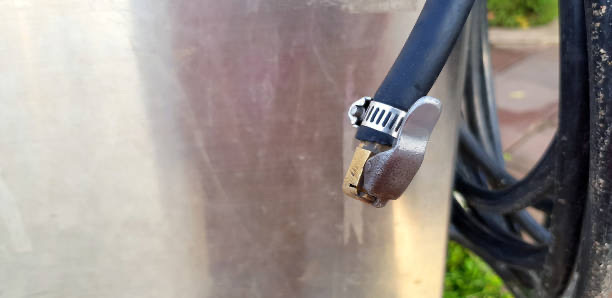
Keeping your tyres in top condition goes beyond a one-time check. Here are key maintenance tips that will help you maintain optimal performance:
Regular Pressure Checks
Mark your calendar for monthly tyre pressure inspections.
Always include the spare tyre in your routine checks since it’s easy to overlook.
For consistent and accurate readings, try to use the same gauge every time.
Understanding Pressure Labels
Familiarize yourself with where to find critical tyre pressure information:
Look for the manufacturer's sticker on the driver’s door jamb.
Some 2025 Hiace models feature a pressure label near the fuel filler flap.
Many high-end variants now offer a digital dashboard display showing current tyre pressures.
Seasonal Adjustments for Local Conditions
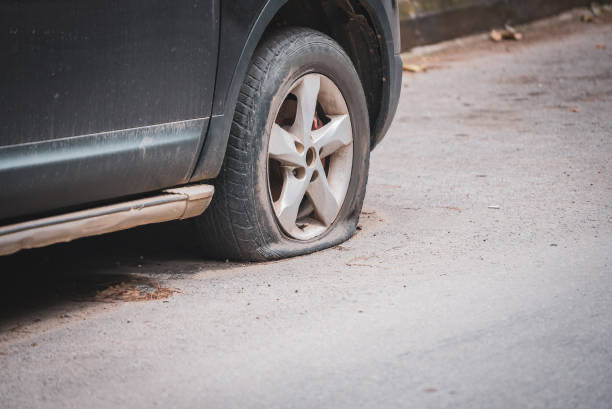
Gulf region climates require extra attention when it comes to tyre pressure due to extreme temperatures and varying load conditions.
Summer Driving Precautions
In regions like the UAE where temperatures can exceed 45°C, consider reducing the tyre pressure by 3-4 PSI during peak heat hours.
Perform checks early in the morning, such as before dawn, when tyres are naturally cooler to get more accurate readings.
Regularly inspect your tyre sidewalls for any signs of cracking or stress from thermal expansion.
Winter Considerations
While winters in the Gulf might be milder than in other regions, certain scenarios like mountain trips still require attention:
Re-establish the standard tyre pressures if you have made summer adjustments.
On trips that involve significant altitude changes, a slight increase of 2 PSI can help ensure stability.
Monitor pressure changes weekly during fluctuating temperatures, especially if planning long journeys.
New 2025 Technology Upgrades
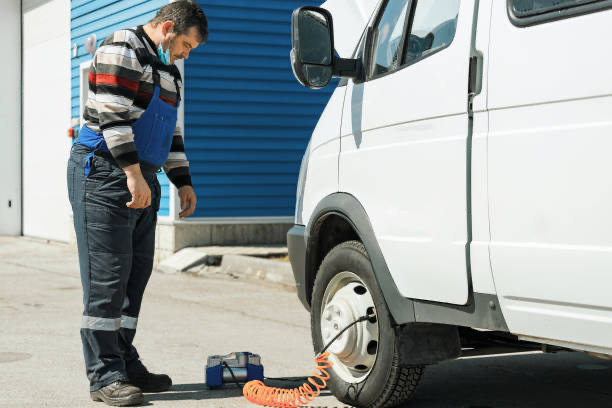
The 2025 models of the Toyota Hiace come equipped with innovative technology that simplifies tyre maintenance and enhances overall safety.
Smart Tyre Monitoring Systems
Many new models incorporate factory-installed Tyre Pressure Monitoring Systems (TPMS) that alert you to any pressure loss.
There are also smart, Bluetooth-enabled valve caps available as aftermarket options, allowing you to monitor your tyre’s condition via mobile apps.
With these systems, you can receive predictive warnings about potential pressure drops before they become a safety issue.
Load-Sensing Adjustments
Modern systems are capable of adjusting tyre pressure recommendations in real-time based on:
The number of passengers in the vehicle
The current cargo weight
Additional loads such as roof racks
FAQ
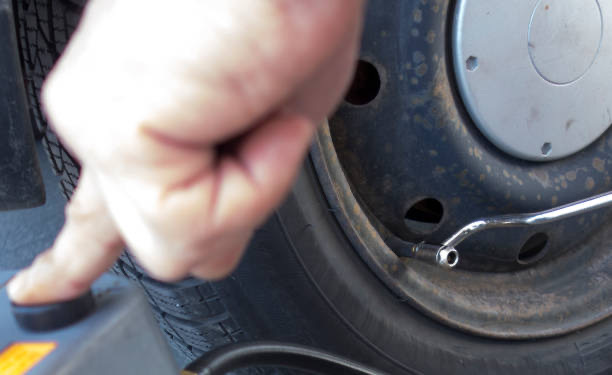
What is the recommended tyre pressure for my Toyota Hiace van?
The recommended tyre pressure for your Toyota Hiace van depends on the load. Generally, for an empty vehicle, you should aim for around 35 PSI on the front tyres and 40 PSI on the rear tyres. If your van is fully loaded, the pressures may increase to about 45 PSI and 50 PSI respectively. Always refer to your vehicle’s owner's manual or the pressure label located on the driver’s door jamb for the exact figures. Regular checks help ensure that your tyres are always at the optimal pressure, enhancing both fuel efficiency and safety.
How often should I check my tyre pressure?
It is a good practice to check your tyre pressure at least once a month. In the Gulf region, where temperature variations can affect tyre pressure significantly, more frequent checks may be necessary during periods of extreme heat or cooler weather. A monthly routine allows you to detect any unusual changes before they become problematic. Additionally, always check the spare tyre to ensure it is ready for use in an emergency. This habit not only extends the tyre lifespan but also ensures your safety on the road.
How do seasonal changes affect tyre air pressure in the Gulf region?
Seasonal changes in the Gulf region, particularly during the peak summer months, can significantly impact tyre air pressure. High temperatures lead to the expansion of air inside the tyres, possibly causing overinflation or even a sudden pressure drop if not adjusted properly. During the cooler winter months or for high-altitude trips, the pressure might need to be increased slightly to maintain stability. Monitoring and adjusting your tyre pressure in line with seasonal shifts is key to maximizing both performance and safety. This proactive approach helps prevent issues related to tyre wear and unexpected fuel consumption.
What new technological features are available in the 2025 models for monitoring tyre pressure?
The 2025 Toyota Hiace models are at the forefront of innovation, featuring advanced Tyre Pressure Monitoring Systems (TPMS) that provide real-time alerts on pressure changes. Many vehicles now include factory-installed systems that continuously monitor tire conditions and automatically adjust recommendations during varying load conditions. Additionally, you can also find aftermarket Bluetooth-enabled valve caps that sync with your mobile device, giving you immediate data on tyre pressure status. These technology upgrades not only simplify your maintenance routine but also contribute to safer driving by ensuring that all tyres are always properly inflated.
Note:This article is for reference only, please adhere to the latest local laws and regulations.
Read More:
How to Get Salik for New Car in 2025:Complete Guide
How to Check Accident History of a Car in Qatar (2025 Buyer's Guide)
How Much Tesla Car in Qatar 2025? Your Complete Pricing Guide
3 pics

Mustafa Karim, having been deeply involved in automotive research and development for over ten years. He is fond of Japanese cars, and their precise and energy-efficient features have influenced him. In his spare time, he loves Japanese anime and kendo, drawing inspiration from them for control system research and development. He also often shares cutting-edge automotive knowledge on platforms, contributing to industry innovation and adding strength to automotive development with his expertise.
